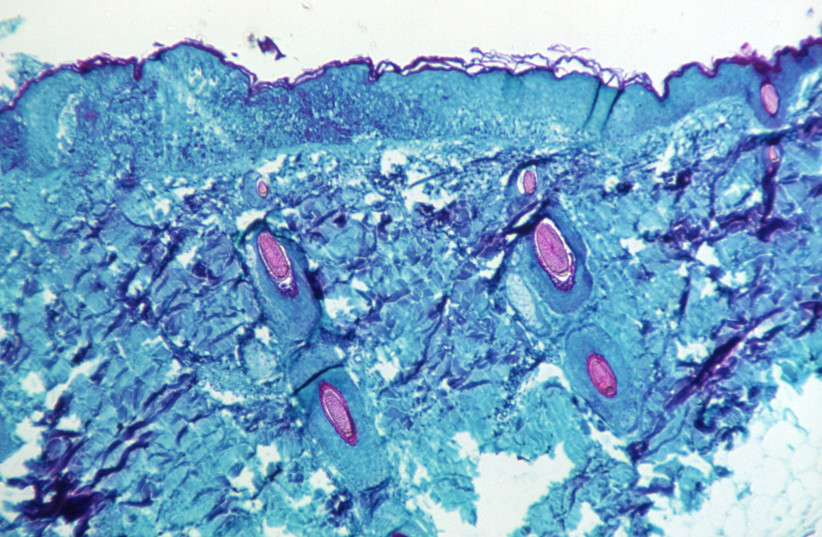The World Health Organization may decide to officially rename monkeypox and its variants, Director-General Tedros Adhanom Ghebreyesus said, confirming earlier reports.
The monkeypox virus, a member of the family of viruses known as orthopoxviruses, is endemic to West Africa and Central Africa but has recently begun spreading to other countries worldwide.
The current outbreak is worrying for many people, especially with the cause of the rise in cases being unclear.
Why change the name?
According to a spokesperson in an email sent to Bloomberg, current WHO guidelines recommend avoiding animal names or geographic regions and the naming of diseases should be done in a way that avoids offending any demographic.

Origin of monkeypox name
First identified in monkeys in the 1950s, the first human Monkeypox case was confirmed in 1970.
However, despite the name monkeypox, monkeys are actually not the main transmitter of the disease.
The virus can also be found in a number of other animals, specifically African rodents. And many experts believe that it is these rodents that are the primary reservoir.
The definitive origin of the virus is currently unknown, though it is certainly not from monkeys.
With that in mind, the name "monkeypox" does seem to be misleading.
Precedence
If the WHO does change the name of monkeypox, it wouldn't be the first time a disease's name was changed to avoid offending people. In fact, this is exactly what happened with the novel coronavirus.
When SARS-CoV-2, the virus that causes COVID-19, first emerged in Wuhan, China, many people around the world quickly began calling it a variety of names relating to its place of supposed origin, such as the Wuhan virus or the China virus.
Therefore, the WHO worked quickly to change the name.
But this wasn't the only name change related to COVID-19 done by the organization.
As various variants of the virus soon emerged, many began labeling them after where they were first spotted, such as in the UK variant, the South Africa variant and the India variant. However, the WHO quickly changed them to Greek letters, renaming them the Alpha, Beta and Delta variants, respectively.
As more variants were discovered, the lettering system soon reached the Greek letter Nu, and as a result many outlets already began referring to it as such. Indeed, going by that pattern, the next one would be the Xi variant.
However, the WHO instead decided to skip Nu and Xi entirely and go with the next letter, Omicron.
And there were good reasons for this change.
“Nu sounds too much like ‘new’ in English,” WHO spokesperson Margaret Harris told the Italian newspaper Corriere della Sera at the time. “In short, the English-speaking world would have found itself in the situation of hearing two extremely similar sounds in a sentence in which it spoke of the ‘new Nu variant’ and would have thought that it was only a new variant, not the name of that variant.”
Regarding Xi, the problem was geopolitical.
“Xi is an extremely common last name,” she said. “Our guidelines impose not to use names that could harm cultural, social, national, regional, professional or ethnic groups.”
“Our guidelines impose not to use names that could harm cultural, social, national, regional, professional or ethnic groups.”
WHO spokesperson Margaret Harris
Xi is common in China. It is also the name of the current president, Xi Jinping.
Diseases that violate WHO recommendations
Despite the World Health Organization's guidelines, there are still a number of diseases that seemingly contradict these recommendations.
Examples of this include swine flu and chickenpox, both of which refer to a specific animal, and Familial Mediterranean fever, which refers to a geographical area.
The WHO is apparently aware of this, so time will tell if these diseases will also have their names changed.
Aaron Reich, Rossella Tercatin and Reuters contributed to this report.
